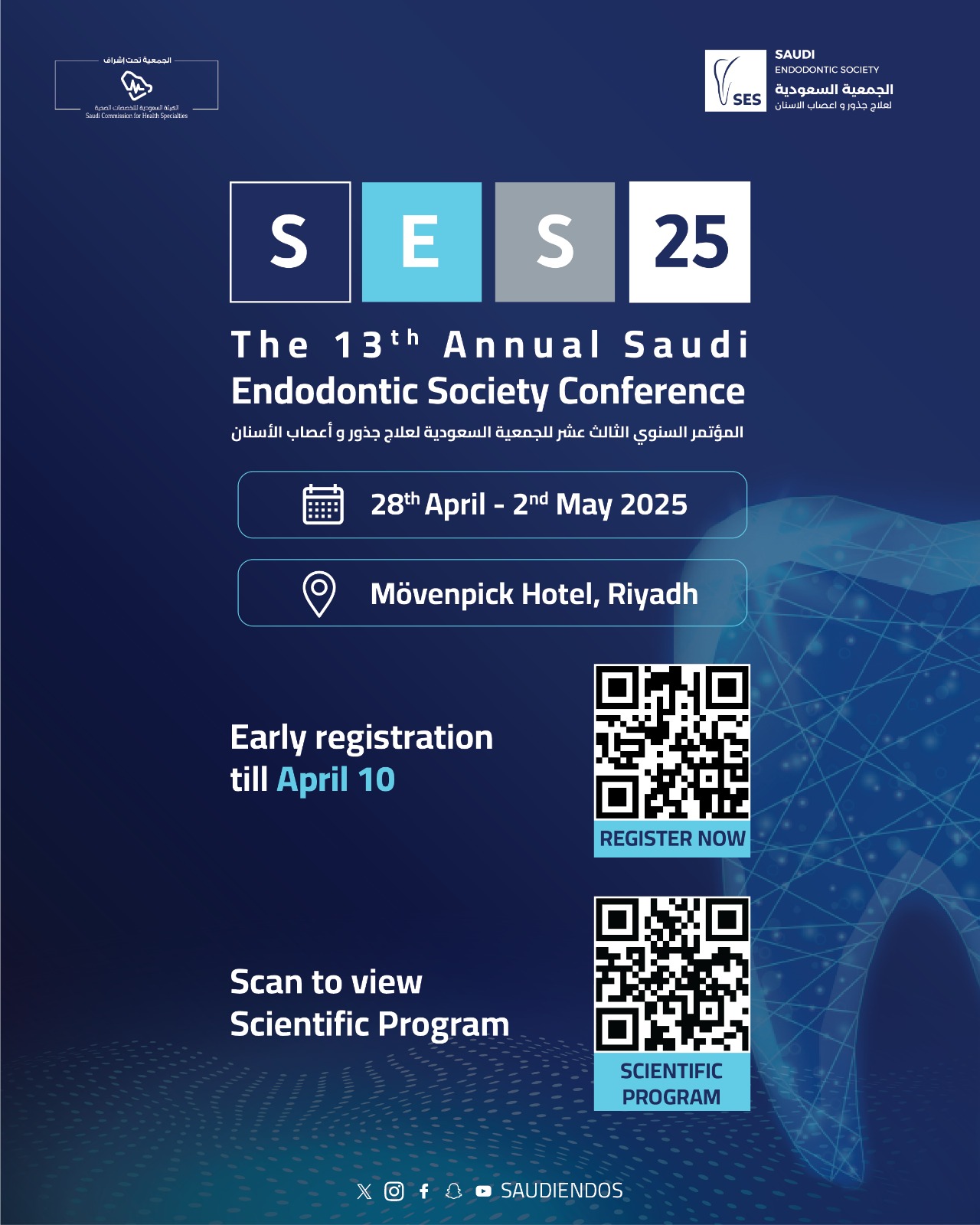
Experts surveyed the latest evidence on the epidemiology, complications and treatment innovations in diabetes and obesity, especially framed against Saudi Arabia’s standing among the highest-ranked nations globally and within the MENA region for prevalence of these conditions. The event also included a compelling discussion on digital health strategies and pharmacological advances, aligning with broader global shifts toward tech-enabled chronic disease management.
The conference widened reach of diabetes and obesity strategy through seven key recommendations geared to elevate public awareness, enhance prevention and treatment, and strengthen individual outcomes. Recommendations urged expansion of community education campaigns targeting lifestyle modification, integration of obesity screening and management in primary care, and implementation of digital monitoring tools to support patients in glycaemic control and weight management. Additionally, the strategy emphasised fostering regional collaborations to standardise clinical guidelines and bolster research networks.
Speakers highlighted the pressing need for targeted interventions, given the anticipated trajectory of the epidemic. Delegates noted projections that up to half of the adult population in Saudi Arabia could be affected by obesity by 2030, underscoring the urgency of early detection and sustained prevention efforts. A key message stressed the central role of primary healthcare professionals in integrating integrated, lifestyle-focused protocols.
International participants contributed comparative insights from their respective countries, discussing successful public-health campaigns, digital patient-engagement tools, and interdisciplinary clinical pathways. Their input enriched discussions around tailoring strategies to the Saudi context while building upon regional and global best practices.
One of the six Arab-non-Arab country experts remarked that combining policy-level advocacy with grassroots community action is essential: without accessible education and structured follow-up within local clinics, even the most advanced treatments fail to reach those who need them.
Emerging trends noted at the conference included growing adoption of telemedicine platforms for continuous patient engagement, the use of AI-assisted risk stratification models, and expanding collaboration between clinicians and tech developers to design culturally adapted digital tools.
Topics
Live News
